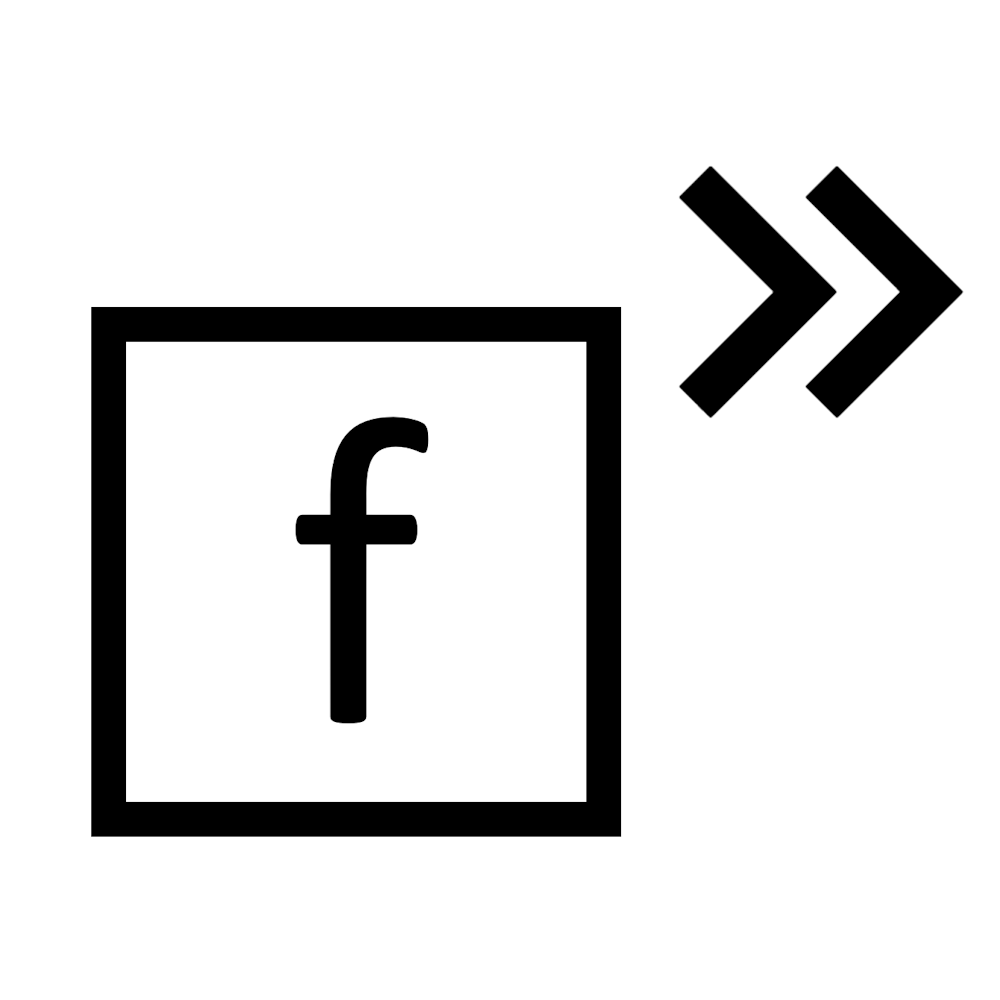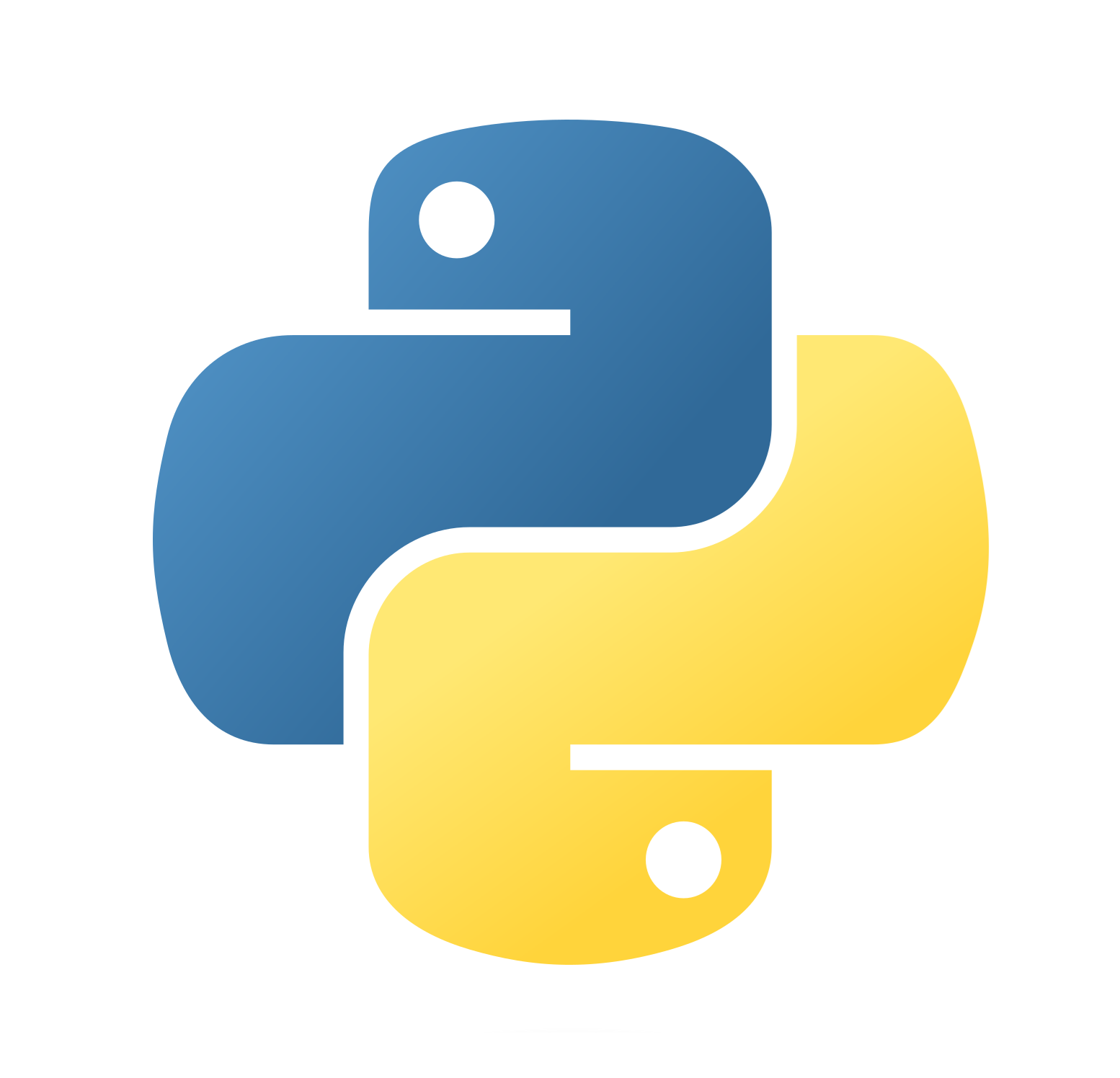Data Structures
Arrays & HashMaps
The most basic Data Structures and when to use them.
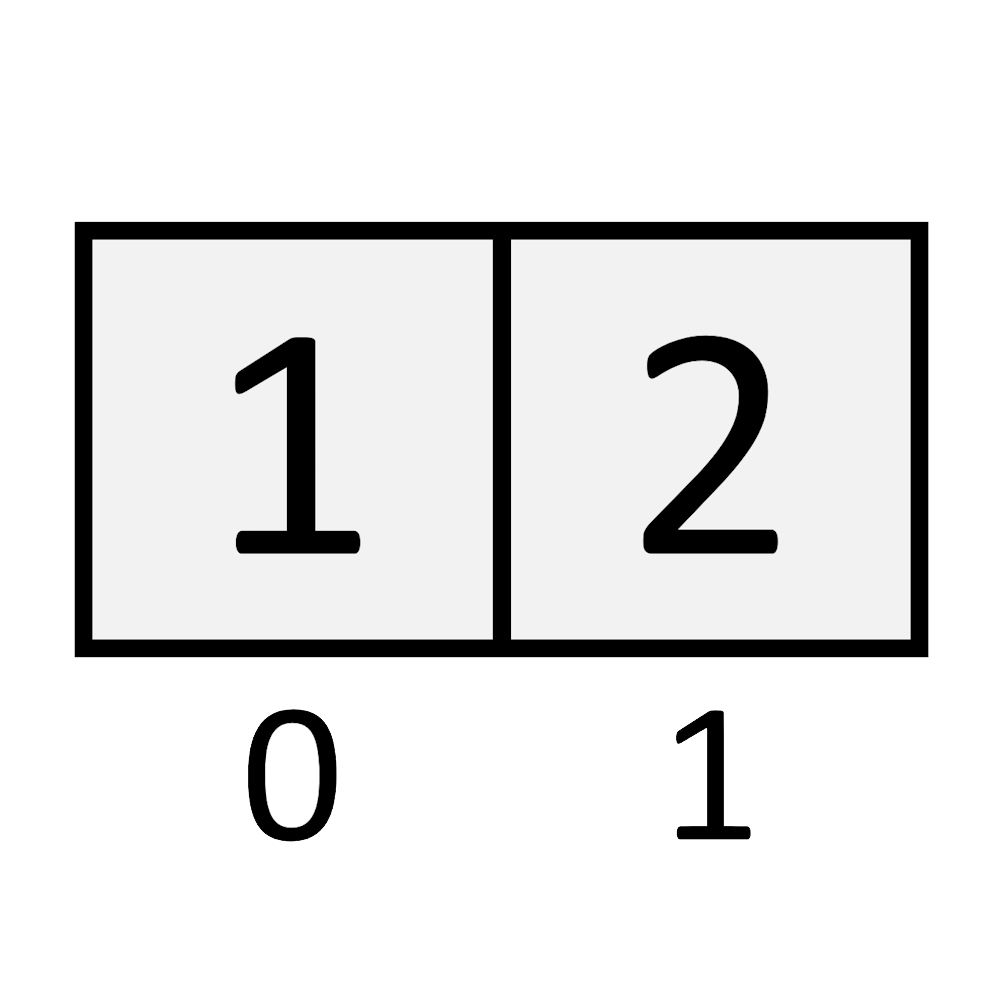
Objects
Create any Data Structure you can dream of. Here are the common ones.
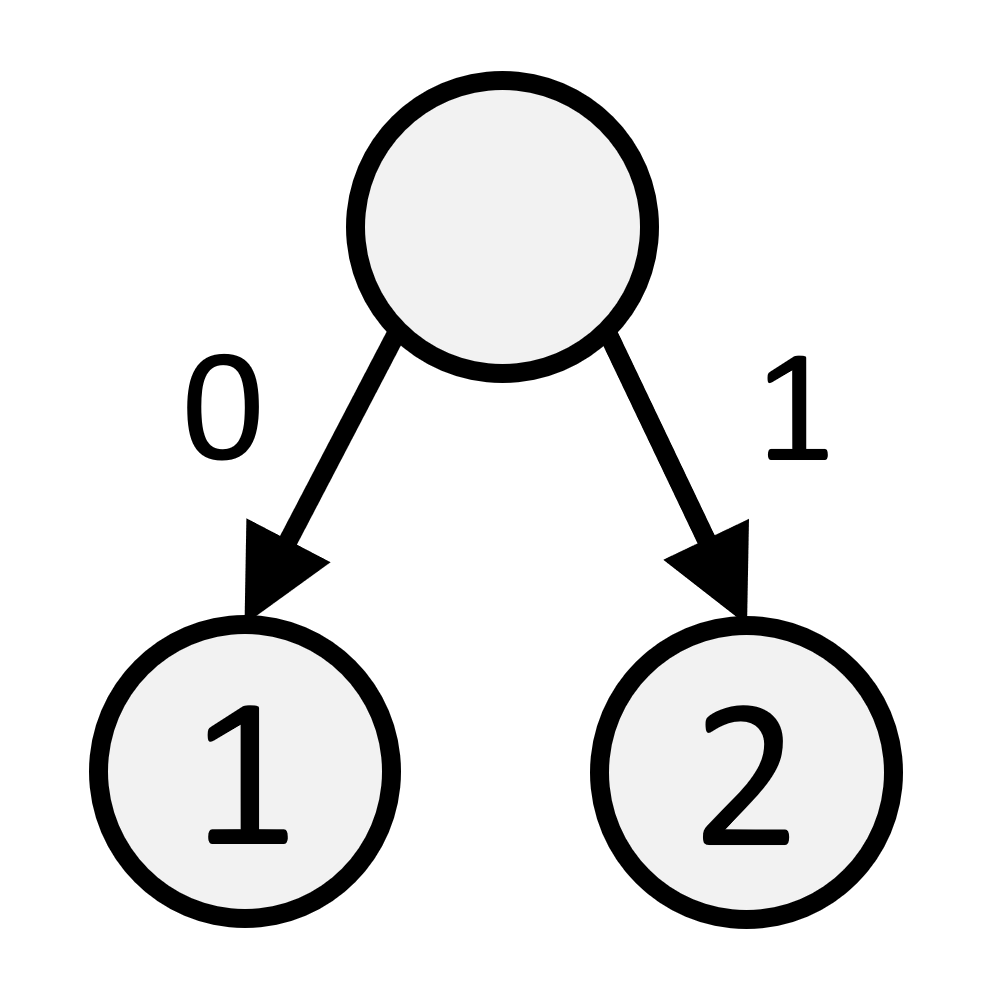
Recursion
Recursion
Recursion is the best way to solve any problem. Just write the solution using itself.
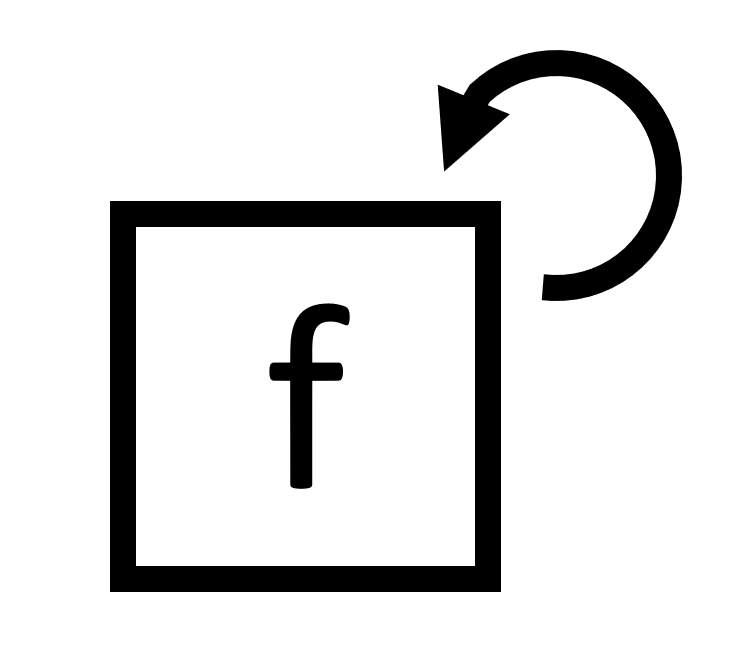
DFS & BFS
All the standard ways of walking through Trees.
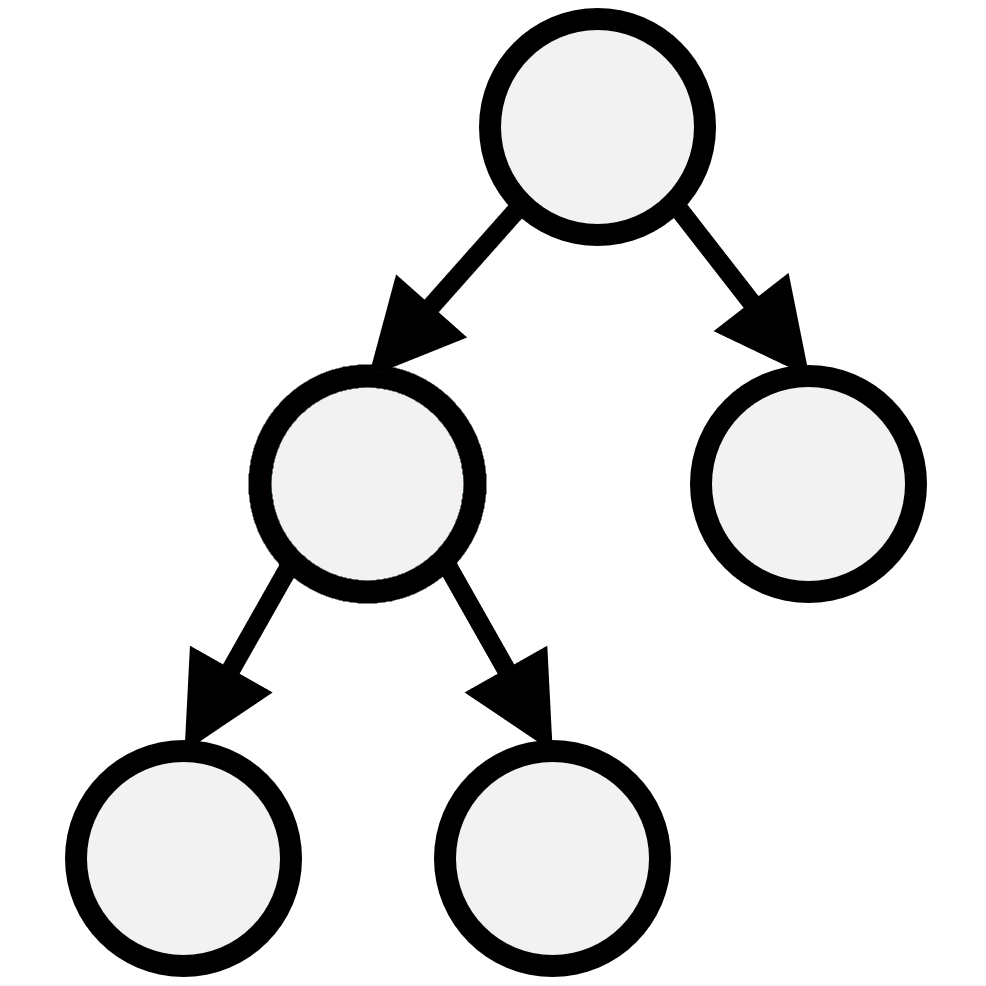
Binary Search
Quickly search through sorted data in O(log n) time.

Graphs
The same as Trees, but you need to avoid cycles.
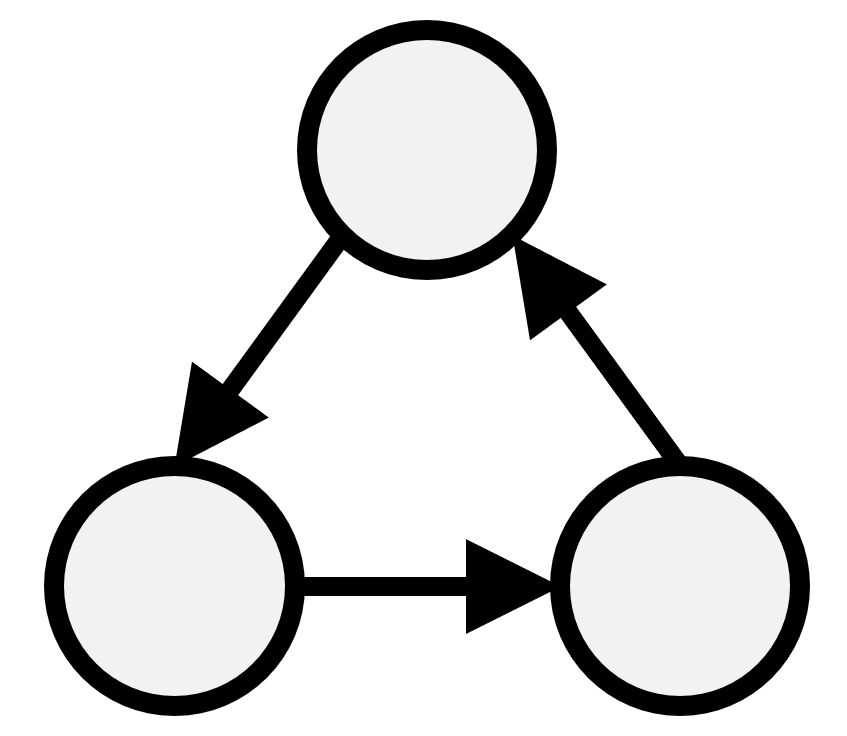
Dynamic Programming
Avoid making redundant calls in your recursion by storing past results.
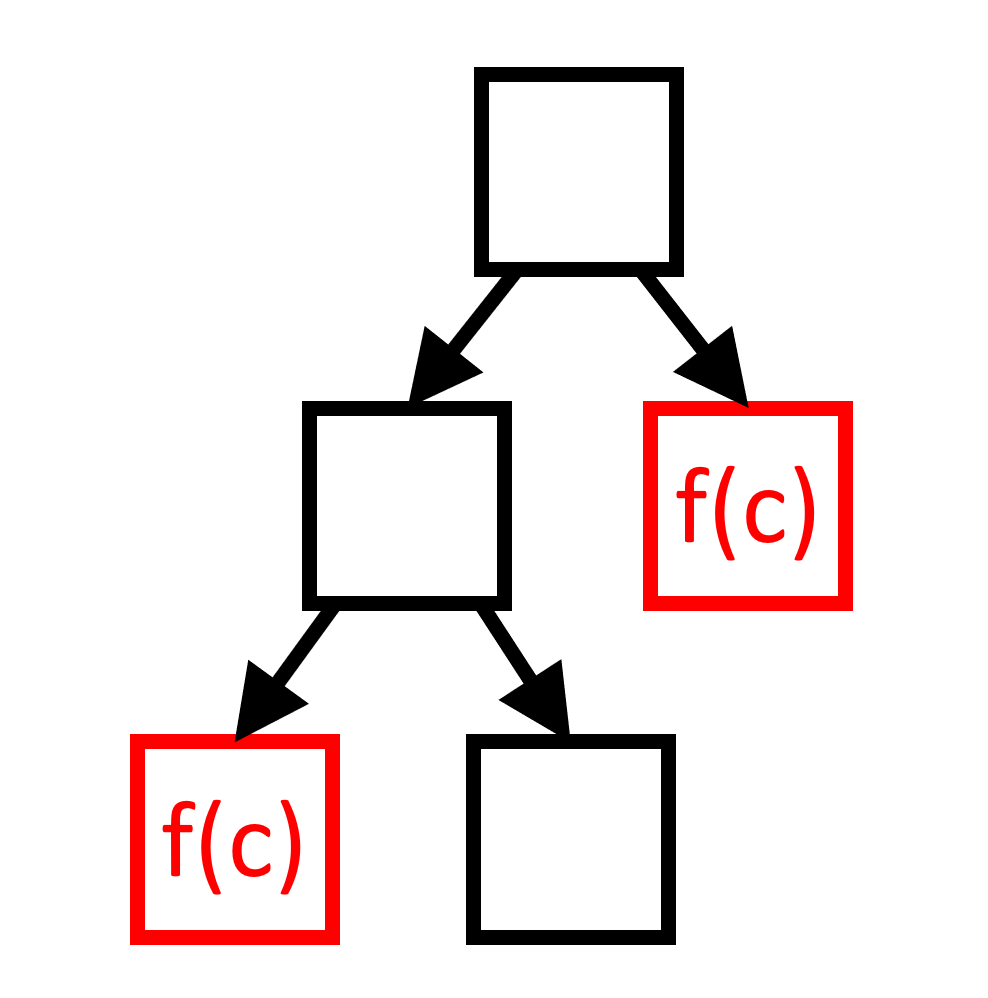
Backtracking
Avoid wasting time and space in your recursion by making the inputs global.
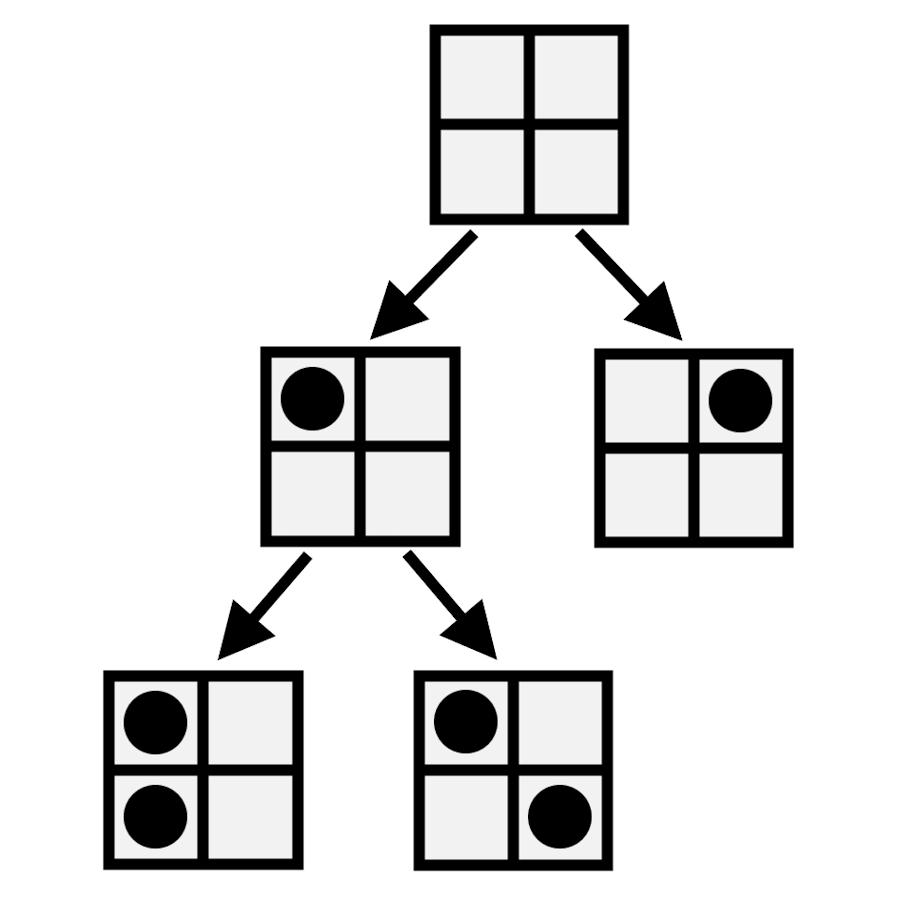
Iteration
Single Pass
Find a trick to do one pass - you can't do better than that!

Trick Problems
Problems that are just asking you to find the "trick". Many of these are Greedy algorithms.
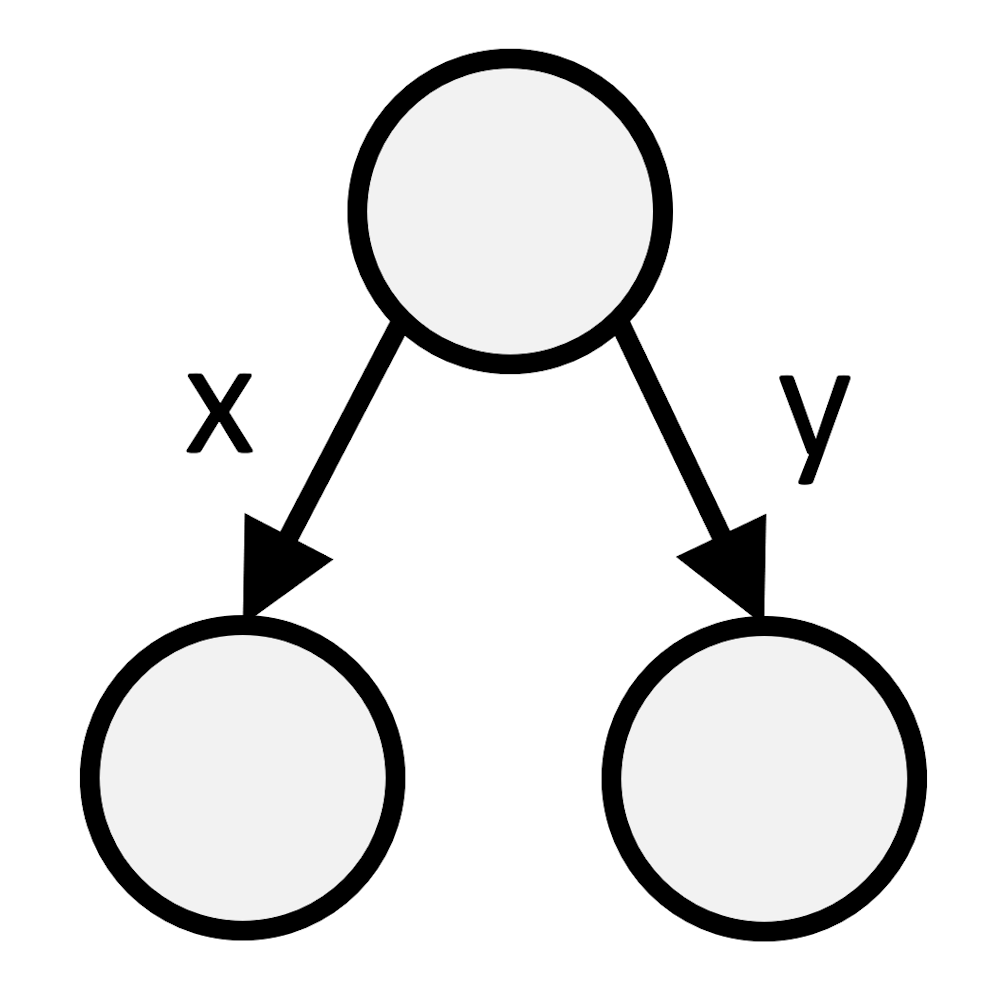
Heap
Heaps let you view smallest element quickly. Just like BSTs, they deal with sorted order, so think O(log n).
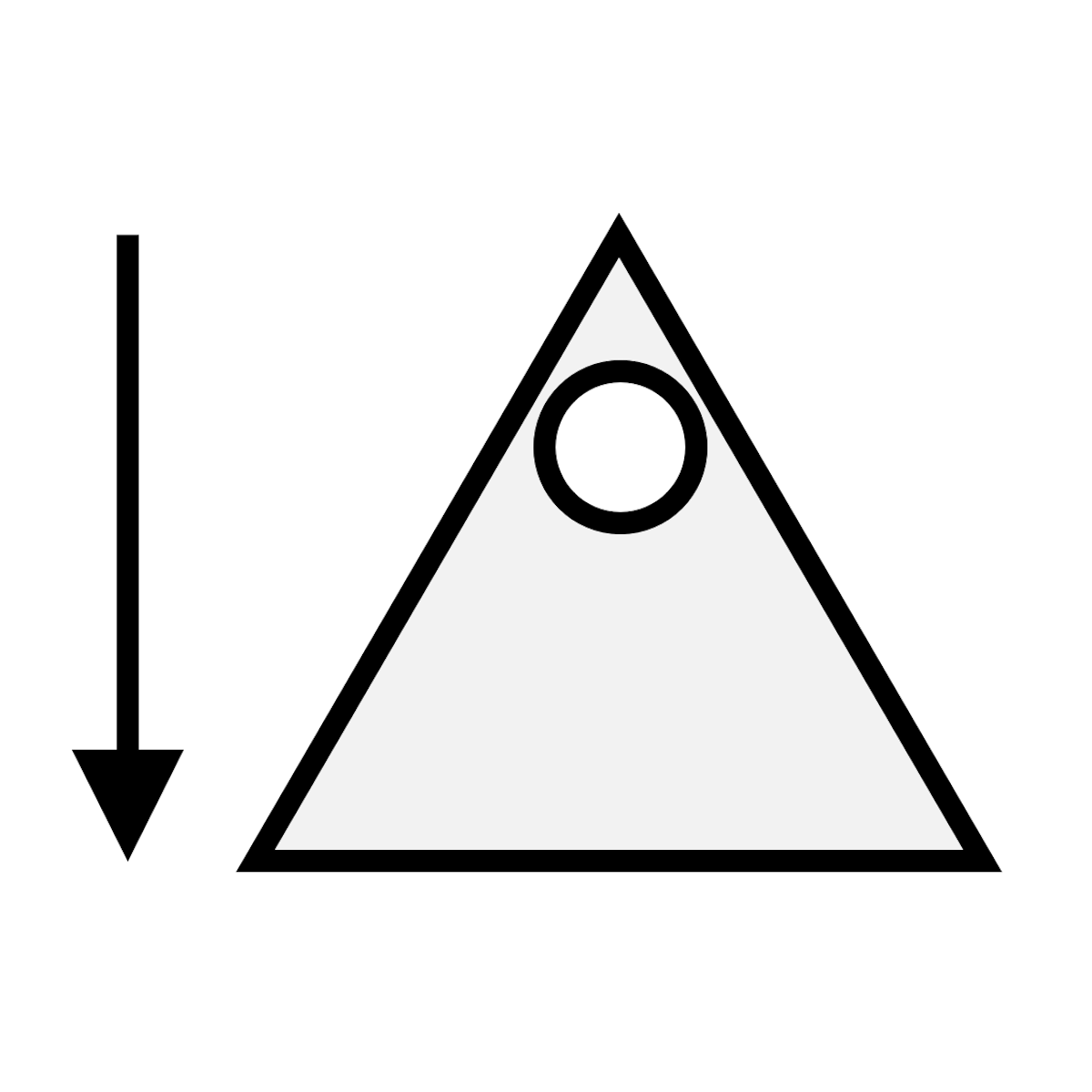
Iterative Recursion
Here's how to implement any Recursion "without using Recursion".
